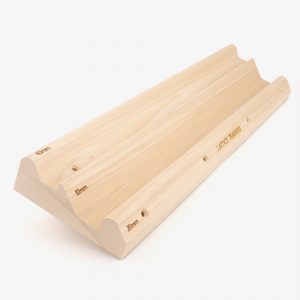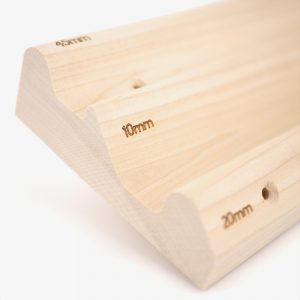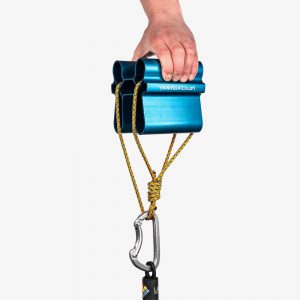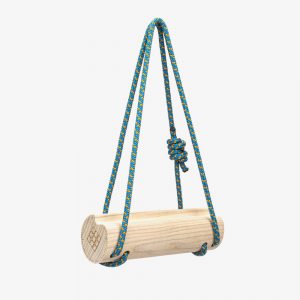Female Climber Series: Disrupted Sleep in the Late Luteal Phase
We know how important sleep is for recovery, cognition, wellbeing, and sports performance. For sport performance poor sleep may lead to increased RPE, reduced coordination, and a change in substrate availability. Because of this it is common to monitor sleep and make changes to training when it is disrupted (e.g. by changes in work hours or family).
It is common for sleep to be disrupted in the late luteal phase in the lead up to our period. During this time the levels of estrogen and progesterone are falling and this can have a negative impact on our sleep. The mechanism isn’t fully understood but the role that our hormones play in body temperature and melatonin production is thought to be related.
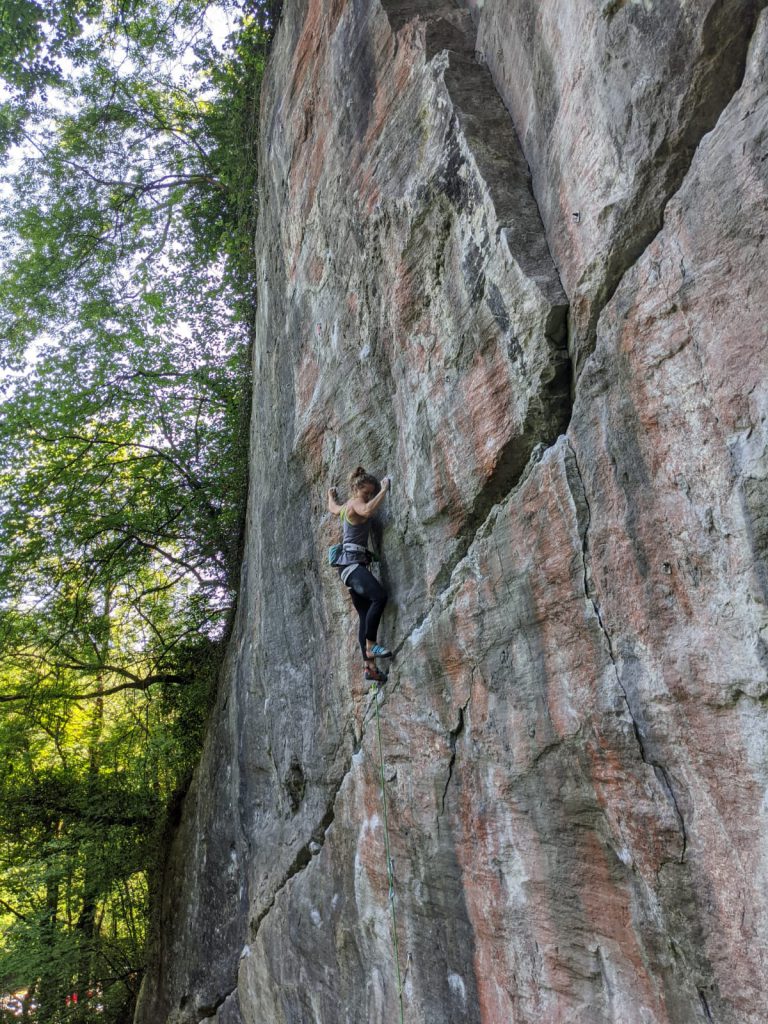
So what can we do to help during this phase of the menstrual cycle?
1. Look at your schedule – Be flexible when scheduling your week so that you aren’t trying to complete high intensity sessions on poor sleep! Setting this phase as a deload week will help here as you will have less sessions to fit in.
2. Choose your sessions accordingly – Focusing on climbing that requires less coordination and simple conditioning exercises may be less frustrating if sleep has been disrupted.
3. Get enough magnesium – Magnesium has been shown to help with sleep (as well as other symptoms experienced in PMS) and can be found in leafy greens or taken as a supplement.
4. Watch your caffeine intake – Cut back on caffeine and try not to have it in the afternoon. The half-life of caffeine is around 8 hours so a coffee after lunch could still hinder sleep!
5. Hydrate at the right time – Drink plenty of water throughout the day, but not close to bed, so that you are hydrated but not needing to get up in the night!
6. Keep it cool – Try and keep your room cool to prevent overheating in the night.




